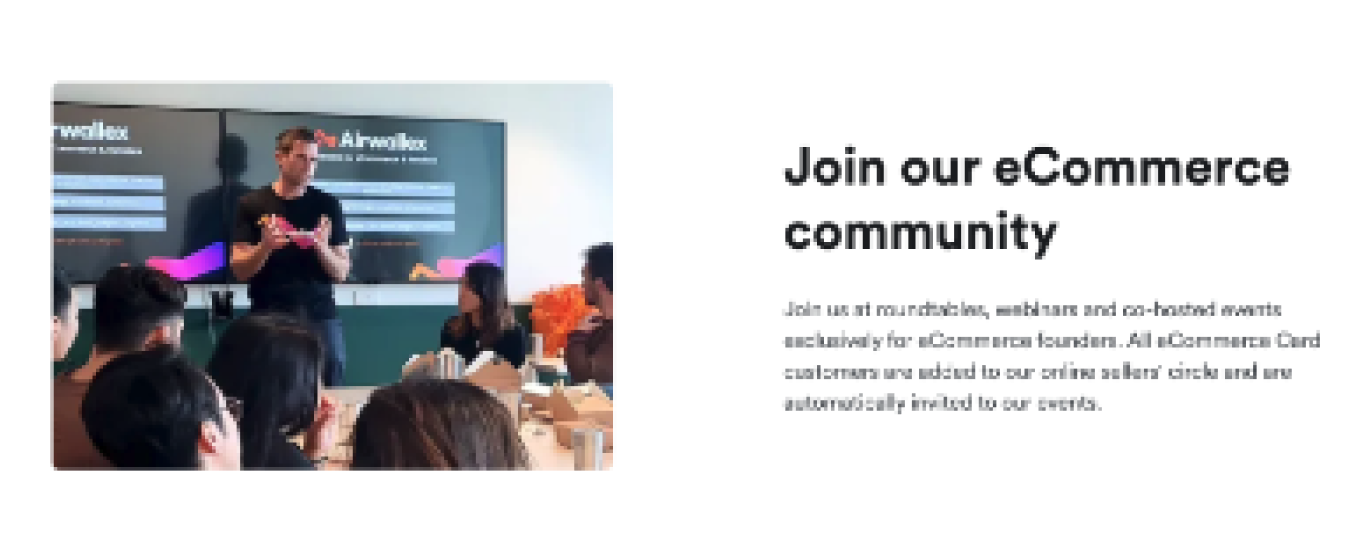Scaling Landing Page Design for Efficiency & Savings
I designed a versatile framework that enables global teams to efficiently create and optimise landing pages, ensuring alignment with the company's design system. This initiative involved close collaboration with cross-functional teams, including Growth, Marketing, Content, Product, and Design, to streamline processes and reduce operational costs.
Client
My Role
duration

1 x Head of Growth
1 x Product Manager
1 x Senior Content Manager
1 x Design Lead
1 x UX/UI Designer
Introduction of SOPs for QA, review, and approvals - streamlined workflows and reduction in production bottlenecks.
Enabled global teams to launch high-impact pages (e.g. product, industry, cashback) faster and more independently.
Reduced build, development, and SEO-related costs through reusable, customisable design frameworks.
Improved campaign speed-to-market and operational efficiency, driving better business outcomes globally.
Global teams across various regions developing local landing pages without QA assessments and SOPs, resulted in inconsistent brand messaging.
With the launch of a new corporate site, it became crucial to prioritise the creation of high-performing landing pages to reduce time and cost moving forward.

Very tight deadline: only 4 weeks to complete the project and deliver a solution.
Limited resoureces: no time to carry out extensive research or testing before launch.
Design system guidelines: somewhat restricting amount of creative freedom.


.png)
.png)
.png)

.png)



Lengthy scroll on existing landing pages and excessive Z reading pattern versus F reading pattern for text-heavy pages.
Poor performance metrics due to low quality landing pages being rolled out under tight deadlines and time pressure.
Accidental content modifications and duplications in Contentful platform due to linked pages in the backend.
Prioritised pages with the greatest traction and impact first.
Leveraged existing designs from the new corp site to save time.
Utilised new design system components to ensure adherence to the new branding guidelines.

I developed a series of templates for various landing page sections that integrated the corp site's branding guidelines and design system components.
Each template features designated placeholders where teams can drop in brand-approved assets from the library.
The solution enables global teams to fully customise landing pages by mixing and matching section templates within a shorter turnaround time.
The templates were successfully rolled out across 19 international offices, accompanied by the development of landing page SOPs that clearly define QA review and approval processes.
Phase 1 encompassed high priority landing page categories including product, currency, industry, cashback and white paper pages.

This design solution empowers global teams to execute impactful campaigns with greater speed and cost-effectiveness, driving better business outcomes.
The scalability of the customisable boilerplate template framework ensures consistency across global markets while reducing costs associated with build, development, marketing and SEO efforts.

Aligning diverse regions: effectively implementing standardised guidelines on a global scale.
Scalable impact: the need to develop solutions that can accommodate future growth and expansion.
Innovating within limitations: leveraging creativity to ensure solutions remain feasible within the project scope and resources.
Conduct more research: Contextual research into how global teams create landing pages would provide a better understanding of the processes and challenges involved.
Carry out testing: Usability and A/B testing to analyse impact of the solution, landing page performance metrics and campaign results to observe if any significant improvement.